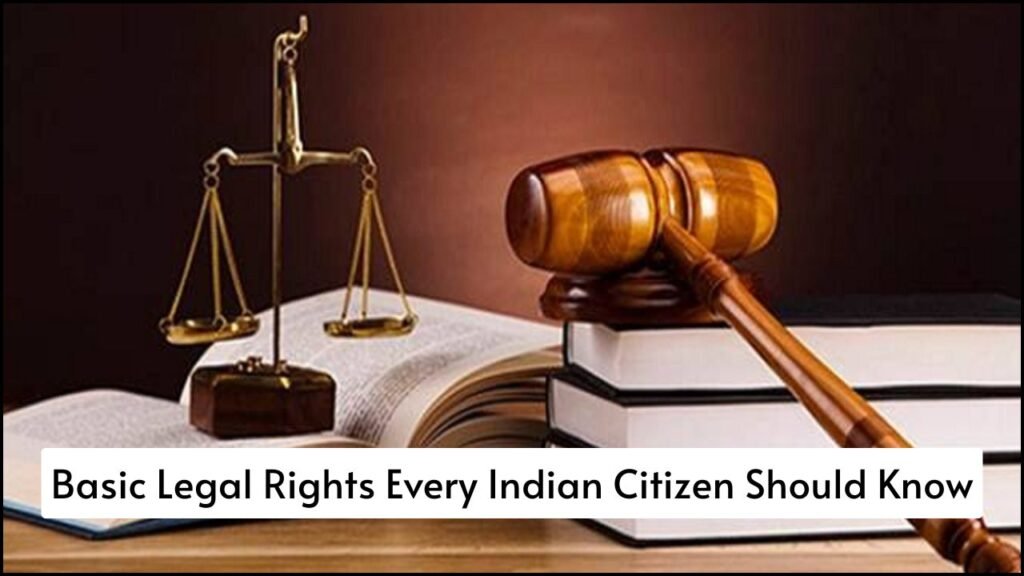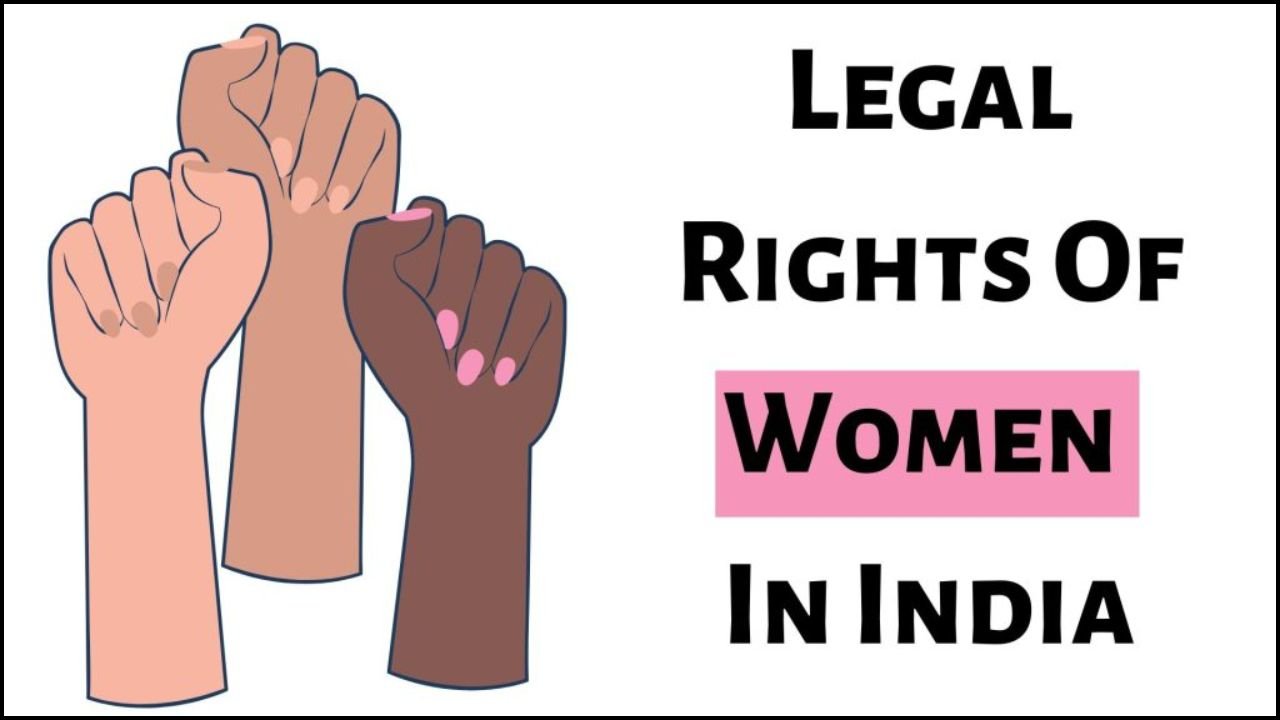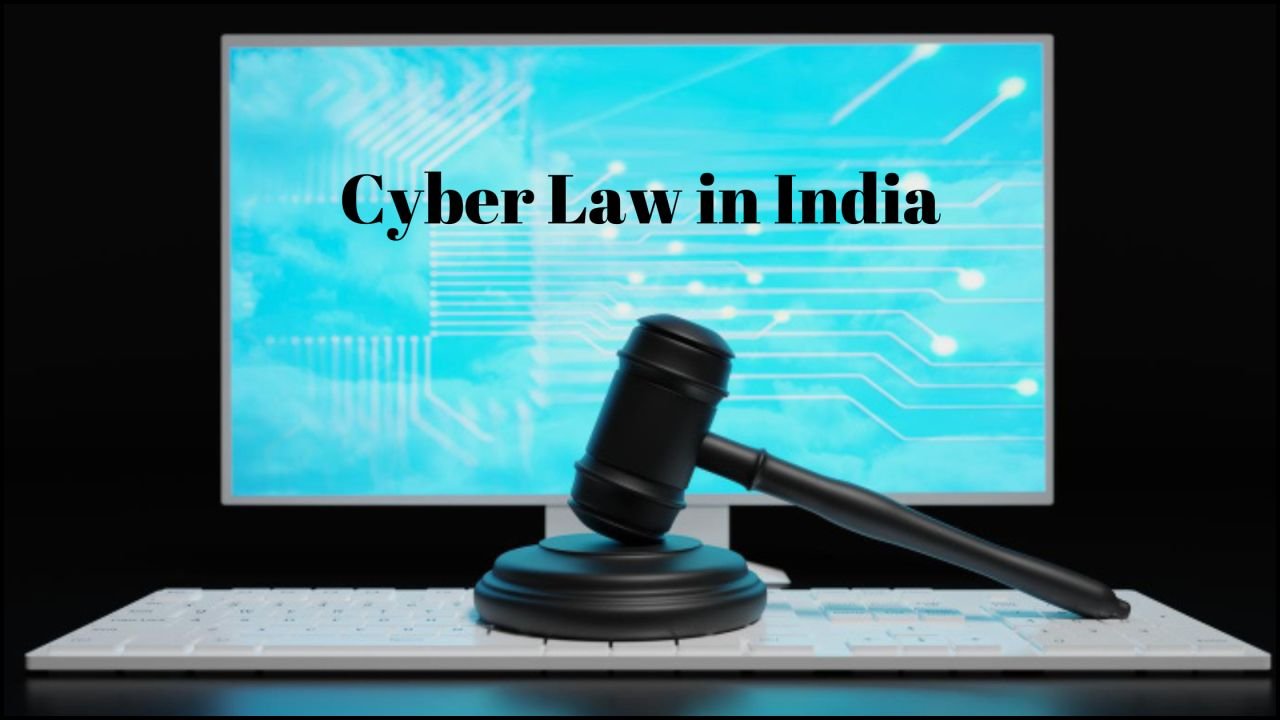
In a democratic nation like India, understanding your fundamental legal rights is not just an academic exercise—it’s essential for navigating daily life with confidence and dignity. The Indian Constitution, adopted in 1950, serves as the supreme law of the land and guarantees every citizen certain inalienable rights that form the bedrock of our democratic society. These rights protect individuals from arbitrary state action, ensure equal treatment under the law, and provide the foundation for a just and equitable society.
Many Indians go through their entire lives without fully understanding the legal protections available to them. This lack of awareness can lead to exploitation, denial of justice, and missed opportunities to seek redress when rights are violated. Whether you’re dealing with workplace discrimination, police harassment, property disputes, or simply trying to access government services, knowing your rights empowers you to stand up for yourself and others.
Table of Contents
Legal Rights in the Criminal Justice System
Understanding your rights within the criminal justice system is crucial for every citizen. These rights protect you whether you’re a victim, witness, or accused person in criminal proceedings.
| Situation | Your Rights | What You Can Do |
|---|---|---|
| Police Arrest | Right to know reason for arrest | Demand written arrest memo |
| Police Custody | Right to inform someone | Call family/lawyer immediately |
| Interrogation | Right to remain silent | Exercise right against self-incrimination |
| Legal Representation | Right to lawyer | Request legal aid if unable to afford |
| Bail | Right to seek bail | Approach magistrate for bail application |
| Fair Trial | Right to speedy trial | File petition for expedited hearing |
1. Right to Legal Representation
Every person accused of a crime has the right to legal representation. If you cannot afford a lawyer, the state is obligated to provide legal aid. This ensures that economic status doesn’t determine the quality of justice you receive. The Legal Services Authorities Act, 1987, established a nationwide network of legal aid services to make this right meaningful.
2. Protection Against Arbitrary Arrest
The law requires that any arrest must be based on reasonable grounds and proper procedure. Police cannot arrest someone without following due process, and you have the right to know the reasons for your arrest. Additionally, you must be produced before a magistrate within 24 hours of arrest, excluding travel time.
3. Right Against Self-Incrimination
Article 20(3) of the Constitution protects you from being compelled to be a witness against yourself. This means you cannot be forced to confess or provide evidence that might incriminate you. Understanding this right is crucial during police interrogations.
Consumer Rights and Protection
As consumers, Indians have specific legal protections under the Consumer Protection Act, 2019. These rights ensure fair treatment in the marketplace and provide mechanisms for addressing grievances when goods or services don’t meet expected standards.
| Consumer Right | Description | Remedy Available |
|---|---|---|
| Right to Safety | Protection from hazardous goods | Product recall, compensation |
| Right to Information | Access to product details | Demand disclosure, file complaint |
| Right to Choose | Freedom to select products/services | Boycott, alternative options |
| Right to be Heard | Voice concerns and complaints | Consumer forums, grievance cells |
| Right to Redressal | Seek compensation for defective goods | Consumer court, online disputes |
| Right to Education | Learn about consumer rights | Consumer awareness programs |
Filing Consumer Complaints
The Consumer Protection Act provides a three-tier system for addressing consumer grievances. District Consumer Disputes Redressal Forums handle complaints up to ₹1 crore, State Consumer Disputes Redressal Commissions handle complaints between ₹1 crore and ₹10 crores, and the National Consumer Disputes Redressal Commission handles complaints exceeding ₹10 crores.
Understanding this system helps you choose the appropriate forum for your complaint and increases the likelihood of successful resolution. The process has been simplified with online filing options and reduced fees to make justice more accessible.
Property Rights and Real Estate
Property ownership and real estate transactions involve complex legal issues. Understanding your rights in this area can prevent fraud and ensure secure property ownership.
Right to Property
While no longer a fundamental right, the right to property remains a constitutional right under Article 300A. This means the government cannot deprive you of your property except by authority of law, ensuring protection against arbitrary acquisition.
Rights in Real Estate Transactions
The Real Estate (Regulation and Development) Act, 2016 (RERA) provides comprehensive protection for property buyers. Developers must register projects, provide accurate information, and complete projects on time. Buyers have the right to receive clear title, proper documentation, and timely possession.
Tenant Rights
The relationship between landlords and tenants is governed by various state-specific laws. Generally, tenants have rights to peaceful enjoyment of property, protection against arbitrary eviction, and fair rent increases. Understanding these rights prevents exploitation by unscrupulous landlords.
Practical Steps for Protecting Your Rights
Knowing your rights is just the beginning; protecting them requires practical knowledge and preparedness. Document important interactions with authorities, keep records of transactions, and don’t hesitate to seek legal advice when needed.
Understanding the complaint mechanisms for different types of violations helps ensure quick and effective resolution. Whether it’s approaching consumer forums for product defects, filing police complaints for criminal matters, or seeking legal aid for civil disputes, knowing the proper channels makes enforcement more effective.
Building awareness about legal rights should be an ongoing process. Laws change, new regulations are introduced, and court interpretations evolve. Staying informed through reliable sources helps ensure that your understanding of rights remains current and actionable.





